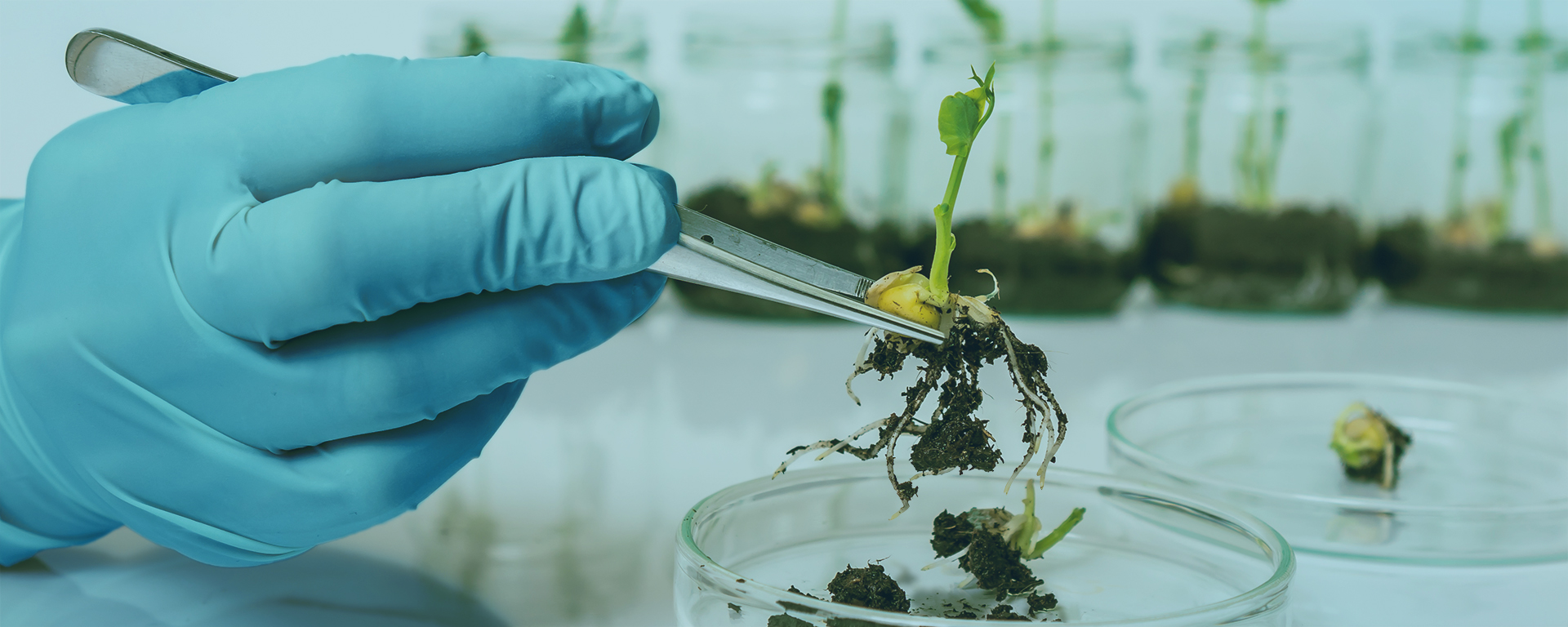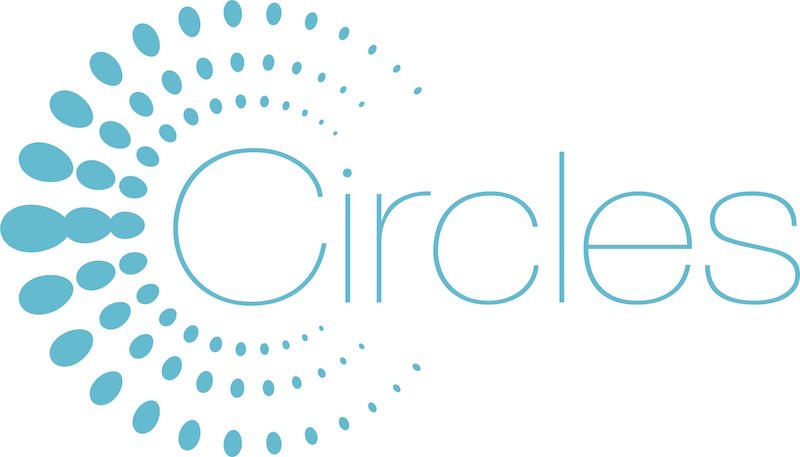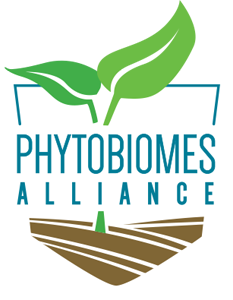
CIRCLES – Controlling mIcRobiomes CircuLations for bEtter food Systems
Project supported by the Phytobiomes Alliance
Funded by
European Union’s Horizon 2020 research and innovation programme
Duration
5 years - extended by 1 year
Dates
01 November 2018 to 30 October 2023 - extended to 30 October 2024
Coordinator
Marco Candela - Department of Pharmacy and Biotechnology, University of Bologna, Italy
Website

Project Overview
The challenge
The access to safe, nutritious, high-quality, and affordable food is a pillar on which fair, healthy and dynamic societies thrive. Perhaps not surprisingly, empowering food production has been at the very core of the European Union since its inception. Yet, the economic and environmental burdens associated with current agricultural, processing and distribution practices are challenging the way food has been produced to date. Put it simply, how do we sustain and improve the provision of healthier food to an ever-increasing global population?
CIRCLES answers this question by tapping into the potential of microbiomes for food system applications!
Microbes, microbiota, microbiomes…?
Microbes and other microorganisms, despite being undetectable to naked eye, are an inseparable part of our living environment. The genetic material of these organisms forms the microbiome. Currently, scientists suspect microbiomes have an important impact on our health and planet in general. Yet, much remains to be discovered!
What is CIRCLES?
CIRCLES will provide the scientific knowledge to exploit natural microbiomes for the sustainable production of high-quality food, with the ultimate objective to deliver new and healthier food applications. CIRCLES will explore microbiome interactions and circulations across 7 food chains: spinach, tomatoes, poultry, swine, farmed and wild salmon, and farmed and wild seabream.
During the project, both European citizens and workers in these food chains will be informed and engaged, as to better understand the interlink between microbiomes, healthy and sustainable food and working environment.
In total, thirty organisations, coming from fourteen European countries, will bridge the existing knowledge gap and find solutions for future food challenges. Furthermore, CIRCLES spans from lab research to the development of new market-ready food products. The project is expected to last until 2023.
